Introduction
Ultimate Guide to Poodle: covers grooming, training, and health tips for this smart breed
- Poodles are known for their intelligence, versatility, and hypoallergenic coat
- This guide helps you understand the Poodle’s temperament and exercise needs
- Explore key care practices to keep your Poodle happy and healthy year-round
- Discover effective training techniques for a well-behaved Poodle companion
- Get expert advice on feeding and nutrition to support your Poodle’s health
1. Poodle Varieties: Understanding the Different Types
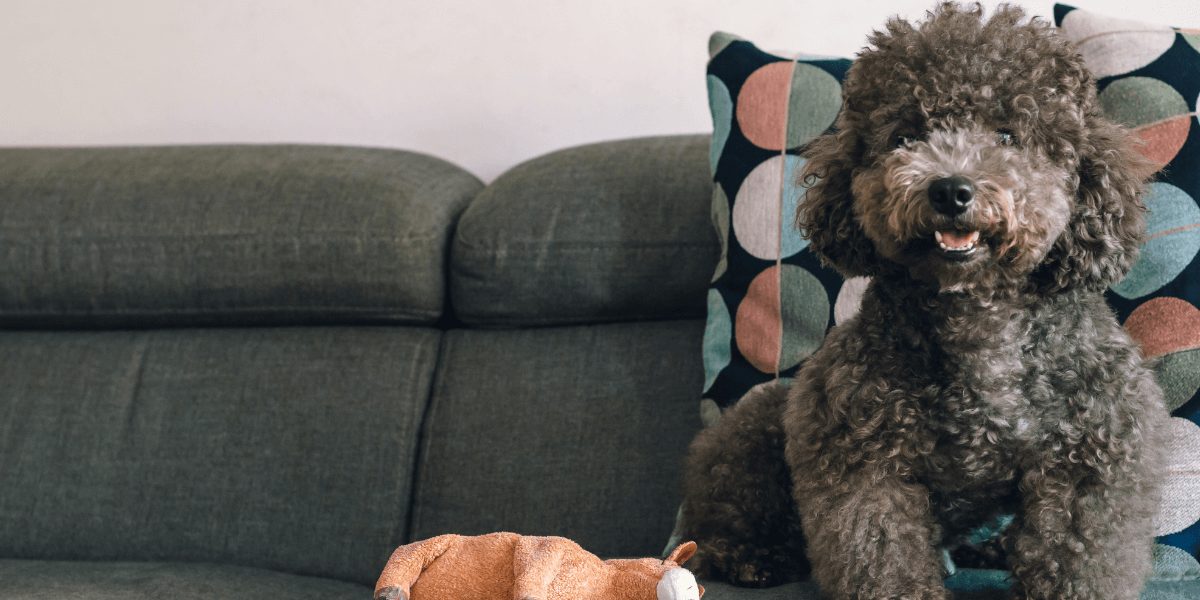
Poodles come in three main sizes: Standard, Miniature, and Toy.
- Standard Poodle: They stand over 15 inches tall and weigh between 45-70 pounds
- Miniature Poodle: Mid-sized Poodles, standing 10-15 inches tall and weighing 15-20 pounds
- Toy Poodle: They’re perfect for those who prefer a more compact companion
- Poodle: Smaller than Toy Poodles, under 10 inches tall, and weighing under 10 pounds
- Dwarf Poodle: A less common type, smaller than Miniature Poodles but larger than Toys
2. Grooming Essentials: How to Keep Your Poodle Looking Their Best
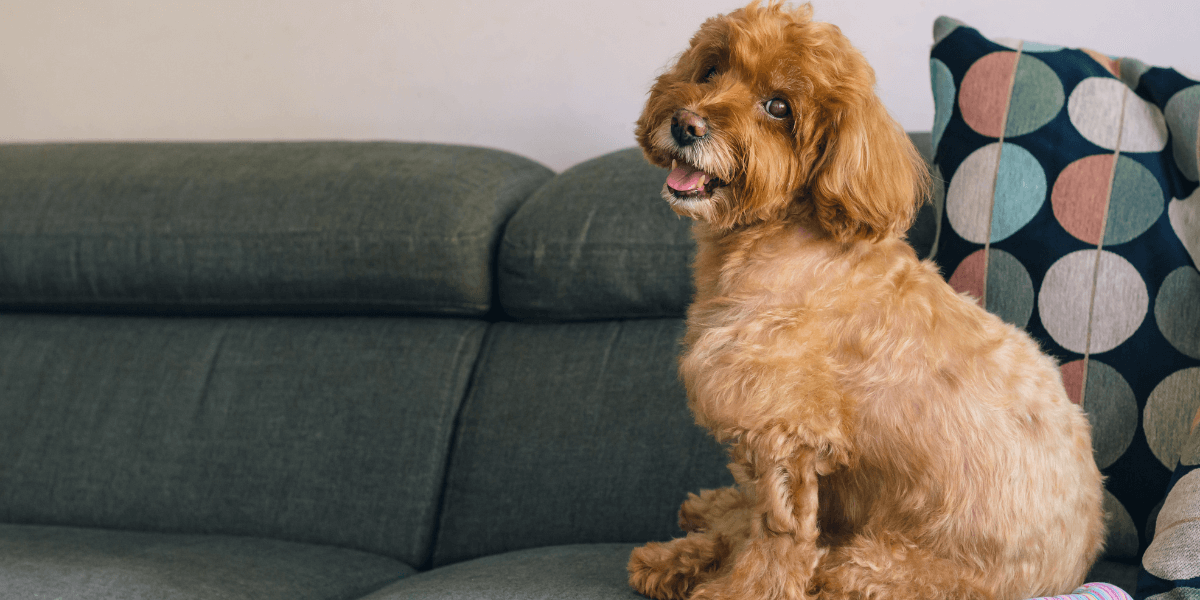
These coats require consistent grooming to stay in top condition.
- Brushing: Regular brushing (at least 3-4 times a week) is essential to prevent matting
- Professional Grooming: Poodles should be professionally groomed every 4-6 weeks
- Popular Poodle Cuts: Common Poodle haircuts include the Continental Clip
- Ear Care: Regular cleaning and trimming the hair around the ears help reduce the risk
3. Training Your Poodle: Tips for Raising an Obedient and Happy Dog
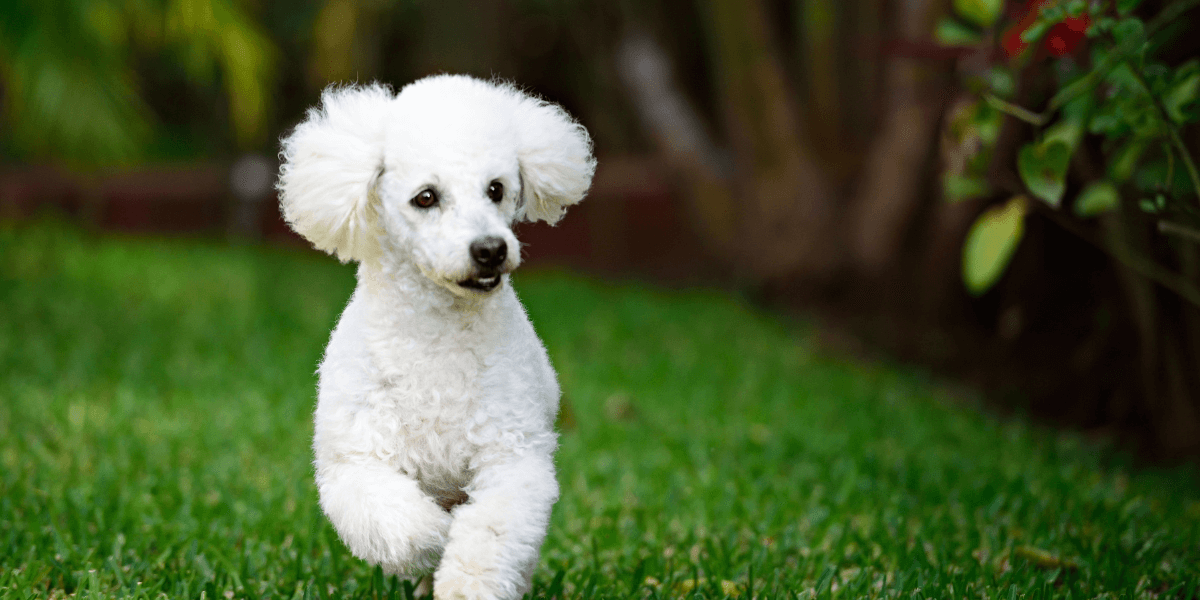
Poodles are one of the most intelligent dog breeds, making them highly trainable.
- Start Early: Begin training as soon as you bring your Poodle home
- Positive Reinforcement: Use rewards, praise, and treats to reinforce good behavior
- Consistency is Key: Be consistent with your commands and expectations
- Basic Commands: Focus on basic commands like “sit,” “stay,” and “come”
- Mental Stimulation: Given their high intelligence, dogs need regular mental stimulation
4. Exercise Needs: Keeping Your Poodle Fit and Happy
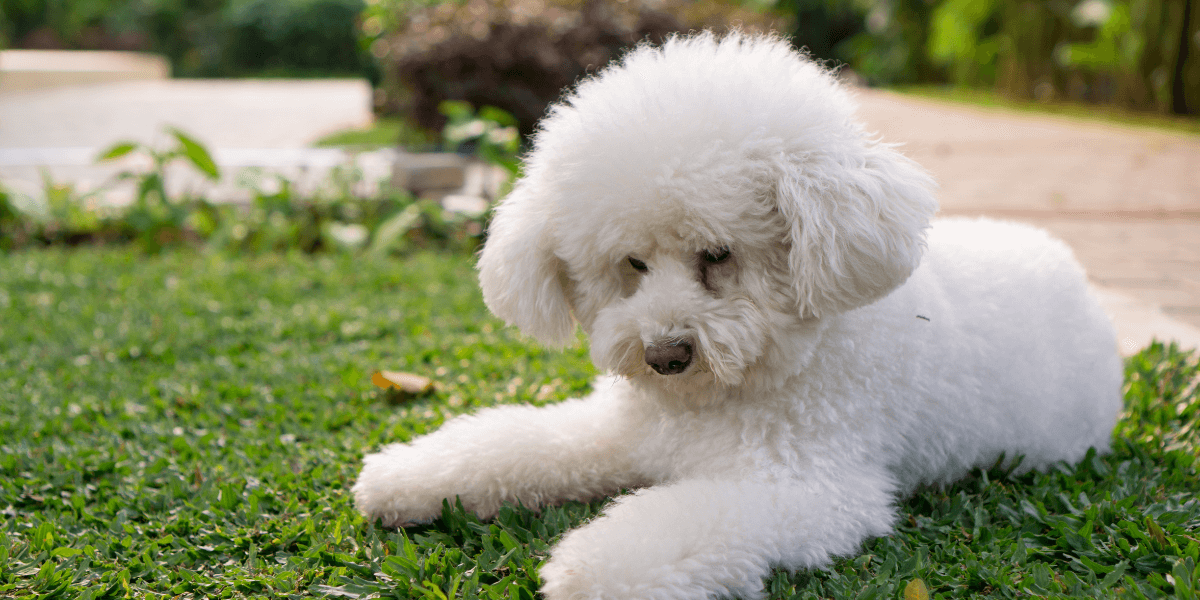
Poodles are active dogs that require regular exercise, regardless of their size.
- Daily Walks: Aim for at least 30-60 minutes of daily walks for Standard
- Playtime: Poodles enjoy activities like fetch, agility training, and swimming
- Mental Exercise: Incorporate puzzle toys and games that challenge their minds
- Interactive Play: Poodles love interactive games with their owners, such as tug-of-war
- Socialization: Regular interactions with other dogs and people keep Poodles well-adjusted
Discover how proper exercise can prevent issues like those covered in Hip Dysplasia in Great Danes.
5. Common Health Issues: What to Watch Out for in Poodles
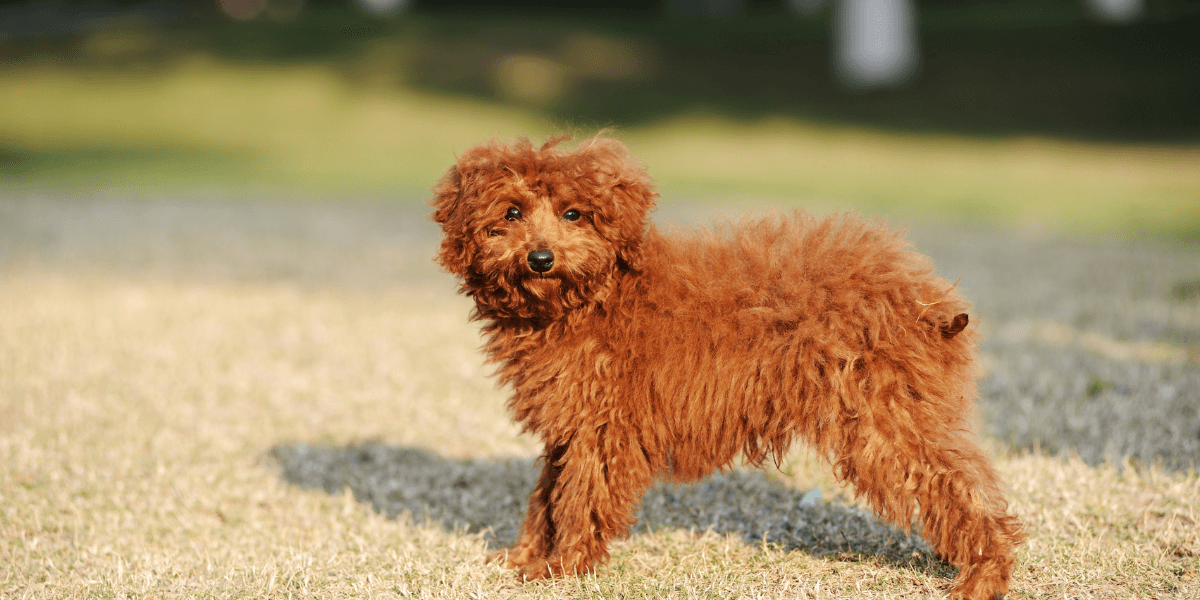
While Poodles are generally healthy dogs, they’re prone to certain genetic health issues.
- Hip Dysplasia: This condition affects Standard Poodles and can lead to arthritis
- Progressive Retinal Atrophy (PRA): A hereditary eye disorder that can lead to blindness
- Addison’s Disease: A condition affecting the adrenal glands, leading to symptoms
- Bloat: Standard Poodles are at risk for this life-threatening condition
6. Poodle Nutrition: Feeding Your Dog for Optimal Health
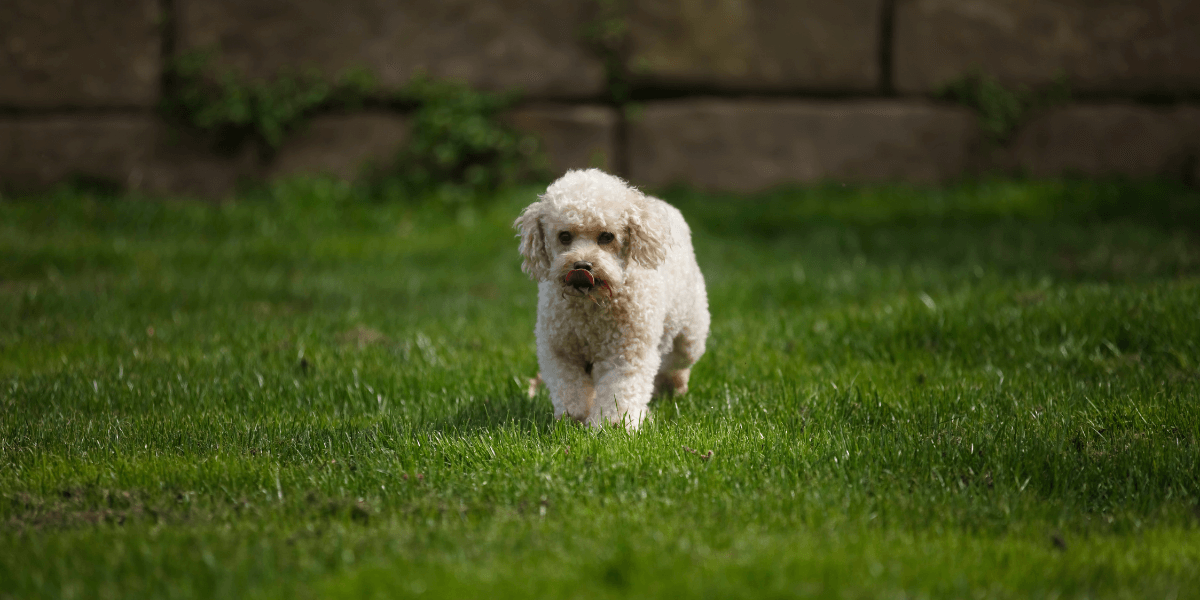
Feeding your Poodle a balanced diet is key to their overall health and well-being.
- High-Quality Food: Choose a premium dog food that lists meat as the first ingredient
- Portion Control: Obesity is a concern, especially for Miniature and Toy Poodles
- Dietary Needs: Dogs may benefit from diets rich in omega-3 fatty acids for healthy skin
- Avoid Table Scraps: Especially those high in fat or containing toxic ingredients
Learn more about balanced diets in the Guide to Great Danes Nutrition for healthier, happier dogs.
7. Poodles as Family Dogs: Temperament and Socialization Tips
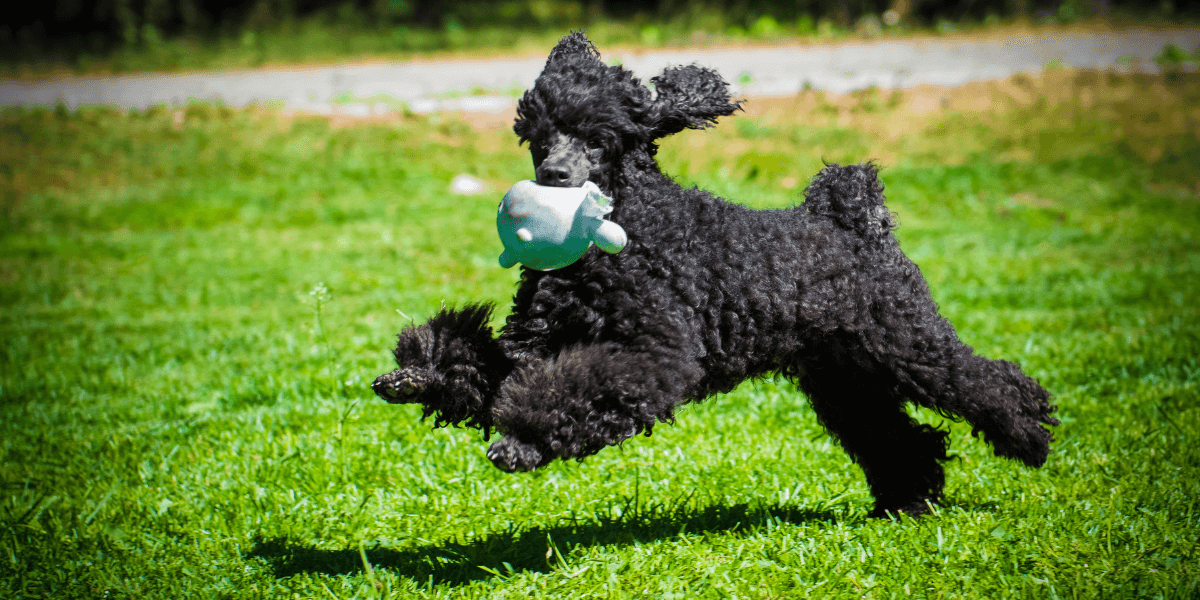
Poodles are known for their friendly, playful, and affectionate nature.
- Loyal Companions: Poodles are devoted to their owners and thrive on human interaction
- Good with Children: With proper training, Poodles can be great with children
- Socialization: Introduce your Poodle to different people, pets, and environments early
- Adaptability: They’re also known to get along with other pets when properly introduced
Explore how family-friendly traits compare in Are German Shepherd Dogs Good Family Pets.
FAQs
1. What is the Ultimate Guide to Poodle about?
- It covers all aspects of Poodle care, training, and breed information
2. What are the different types of Poodles?
- The Poodle comes in Standard, Miniature, and Toy sizes
3. How do I train my Poodle?
- Follow our tips for effective training methods and exercises
4. What should I feed my Poodle?
- Find the best diet options for your Poodle’s age and size
5. How often should I groom my Poodle?
- Regular grooming is essential; we provide a detailed grooming schedule
6. What are common health issues in Poodles?
- Learn about potential health concerns and preventive care
7. Why is the Ultimate Guide to Poodle recommended?
- It offers comprehensive advice on keeping your Poodle happy and healthy
Conclusion
- Ultimate Guide to Poodle has equipped you with all the essential Poodle care tips
- With proper care, training, and nutrition, your Poodle will thrive and stay happy
- Regular grooming and exercise are key to maintaining your Poodle’s health and vitality
- Utilize the tips from this guide to build a strong bond with your Poodle
- Stay informed and updated on Poodle care to ensure your pet’s well-being
Let’s connect and help each other provide the best care for our beloved Poodles!
References
For more detailed information on The Ultimate Guide to Poodle, check out:
- Poodle Dog Breed Guide: Characteristics, History & Care
- Choosing the Best Orthopedic Dog Bed
- Common Causes of Hip and Joint Pain in Dogs?
- The Ultimate Guide to Poodle Dog
- How to train a Poodle puppy – everything you need!
This ultimate guide provides you with all the essentials needed to care for a Poodle
Thank you!



